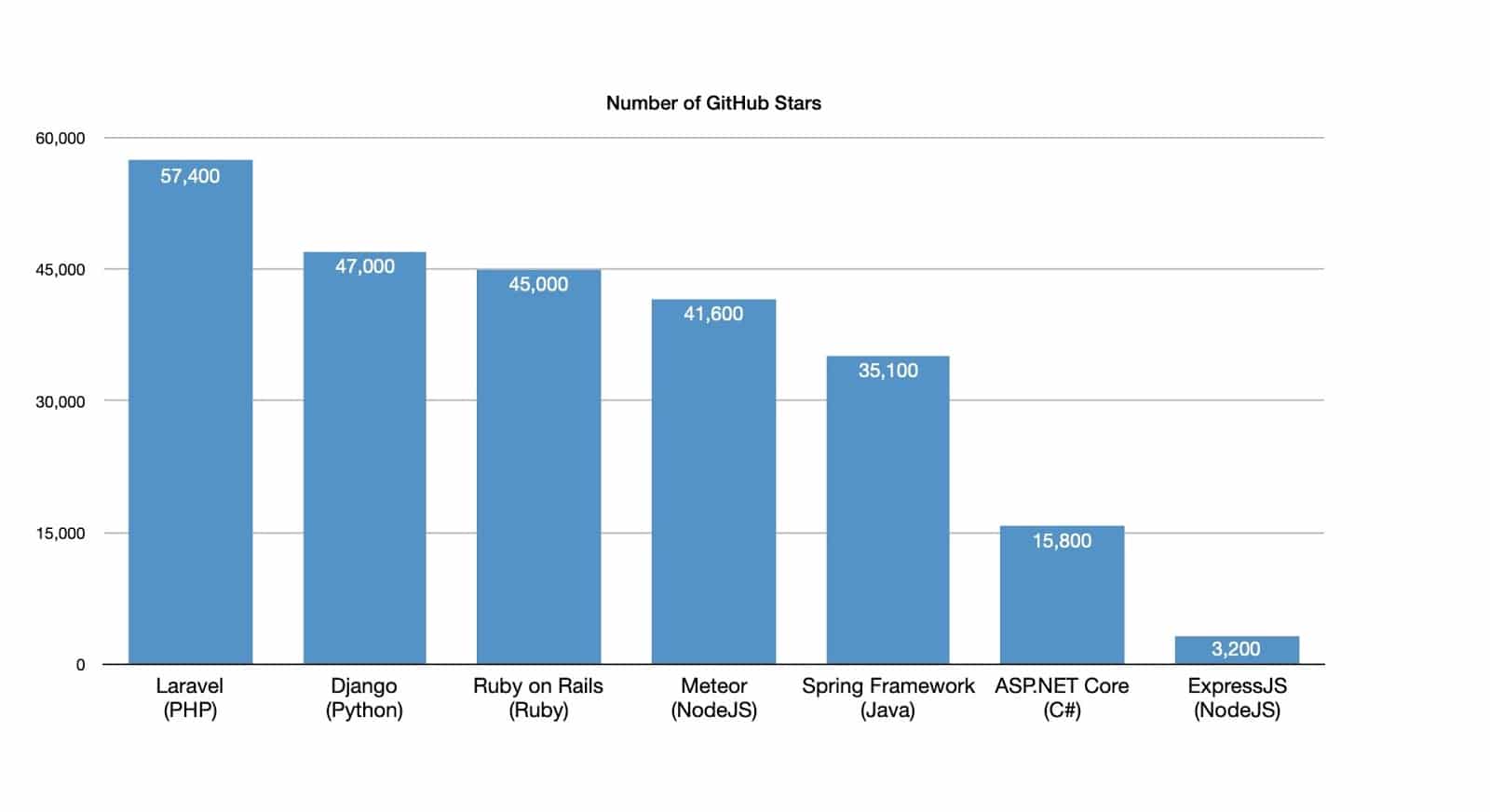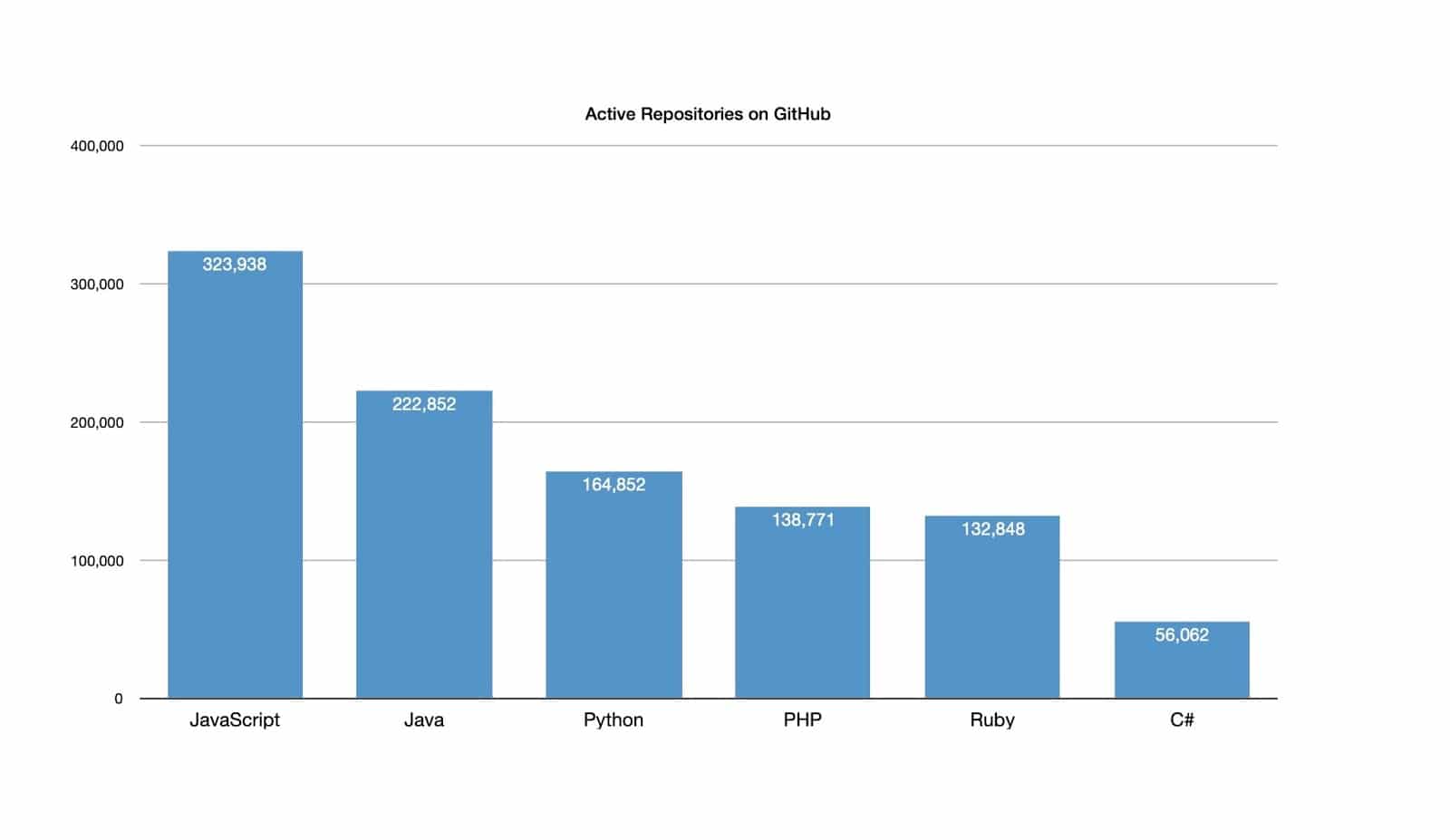How to Choose the Best Hosting and Web Framework for Your Apps

In the first quarter of 2019, the enterprise Software-as-a-Service (SaaS) industry generated over $23 billion. In 2018, the average business spent $340,000 on SaaS products, 78% more than the previous year. The majority of U.S. businesses use SaaS web applications to support critical operations, creating a vast market for application developers.
SaaS products are web applications, and they are invariably built on web frameworks. Web frameworks require hosting during development and in production. But which type of hosting is best for the businesses building apps on web frameworks?
What Is a Web Framework?
A web framework is software that provides tools and libraries of functionality that developers use to build web applications. Web frameworks receive HTTP requests from a browser via a web server. Based on the request and other factors, they generate web pages. Web frameworks include functionality to build web pages, insert and read data from a database, authenticate users, and other features that are useful for building modern web applications.
Developers could build a web application without a web framework, but frameworks simplify development. They provide functions for handling HTTP requests and generating responses. They include abstractions that make it easier for developers to manage database access. They make it easier to run specific chunks of code in response to web requests. And they usually include a template engine that can generate unique web pages from code and data.
Web frameworks help developers to build web applications more quickly and with fewer bugs and security vulnerabilities.
There are two types of web frameworks. Front-end frameworks like React are hosted on a server but run in browsers. Back-end or server-side frameworks run on the server. In this article, we focus on server-side web frameworks.
Why Host Your Web Framework on a Dedicated or Hybrid Server?
Server hosting gives businesses flexibility, control, and scalability. Other types of hosting have tradeoffs that server hosting does not. Here we’d like to focus on three reasons server hosting—whether Hybrid Servers or Dedicated Servers—is the right option for your business.
- Flexibility: Servers provide a complete operating system environment. Businesses can configure their server to their requirements. They can host web frameworks for any language on any operating system. The server’s hardware is custom-built for each client’s needs. If you want to host the app on the server’s bare metal, you can. If you want to run virtualization software to host applications in VMs, you can. If you want to use Docker and Kubernetes on your server, you can. No other hosting modality provides the same degree of freedom.
- Control: Your server is a single-tenant hosting environment that you control. That gives you complete control over the server’s configuration, security, privacy, and resource use. But if you would prefer to focus on development, we can manage your server for you with one of our Server Management Plans.
- Scalability: ServerMania server hosting ranges from lightweight Hybrid Servers suitable for development, testing, and hosting low-traffic apps to powerful dedicated servers that can support apps with many thousands of daily users.
How to Choose a Web Framework for Your App
You can use your server to host any web application framework that runs on a Linux distribution, FreeBSD, or Microsoft Windows Server.
The primary consideration when choosing a web hosting framework is familiarity. Although there are substantial differences between frameworks, developers who are already familiar with the framework’s language can adapt to the peculiarities of each framework.
If you intend to hire developers to build your application, it will be easier to find qualified developers if you choose a popular framework. There are many ways to gauge popularity, but GitHub stars are a useful proxy measure of developer interest:

All of the frameworks in this chart are very popular, with the PHP-based framework Laravel the most popular among developers. Businesses will have little trouble finding developers to work on any of the frameworks mentioned here.
6 Popular Web Frameworks for Your App
Let’s take a closer look at six of the most popular web frameworks.
Laravel
Laravel is a hugely popular PHP web framework. Laravel is a “batteries included” framework. It includes high-level abstractions for many of the features that web developers regularly implement in web applications, including authentication, routing, session management, and caching.
Developers admire Laravel for its clear and comprehensive syntax and an ecosystem that includes tools for server management, administration, OAuth2 authentication, and more.
Laravel is one of many PHP web frameworks. Others include Symfony, CodeIgniter, and Laminas, which used to be known as Zend.
Ruby on Rails
Ruby on Rails is a Ruby-based framework. David Heinemeier Hansson of Basecamp developed Ruby on Rails for the Basecamp web app. Many other SaaS businesses rely on Ruby on Rails, including GitHub, SoundCloud, Airbnb, Shopify, and more.
Rails focus on convention over configuration, which means there is usually one well-understood way to accomplish a task. Developers are often more productive in Rails than in less opinionated web frameworks.
Meteor
Meteor is a NodeJS—JavaScript—web framework. Like Rails, Meteor is designed to make it as easy as possible to get a web application up and running. Prototyping with Meteor is fast, and the ecosystem is big enough that developers will find pre-built solutions to many of the challenges they face during development.

There are other advantages to using a JavaScript-based web framework like Meteor. JavaScript is the most widely used language in the world, so hiring JavaScript developers is more straightforward than hiring Ruby developers, for example. Choosing a JavaScript framework also allows developers to use the same language on the server and in the browser.
Django
Django is a Python framework, and it’s the framework for which the term “batteries included” was invented. Like Ruby on Rails and Meteor, Django is a high-level framework designed to “take the hassle out of web development.” It includes everything a business needs to build a fully functional web application, including authentication, a web admin interface, and caching with Memcached integration. Many large businesses use Django, including Instagram, Zapier, and 23andMe.
Spring Framework
The Spring Framework is one of the most commonly deployed in the enterprise space. It is a Java framework designed to streamline Java EE development. Based around Inversion of Control and Dependency Injection, Spring encourages developer best practices and accelerates time to market.
Spring might not be the best choice for smaller businesses launching a new web application, but it is an excellent framework for companies that want to leverage their existing Java expertise to build fast and secure web apps on the Java platform.
ASP.NET
Finally, for businesses that prefer the Microsoft ecosystem, ASP.NET is a popular application and service platform that uses the C# language. ASP.NET is an open-source framework used to build web applications, desktop apps, mobile apps, and APIs. A large community has developed around ASP.NET, and the platform’s package manager includes over 90,000 packages that developers can integrate into their apps. If you want to build web apps on Windows Server, ASP.NET is almost certainly the right choice.
In Summary
We have briefly looked at six web application frameworks, but there are dozens of equally capable frameworks that you could host on the ServerMania server hosting platform.
To talk to an app hosting expert about which server hosting is right for your business, start a conversation in the chat window on this page or contact us by phone or email for a free initial consultation.

